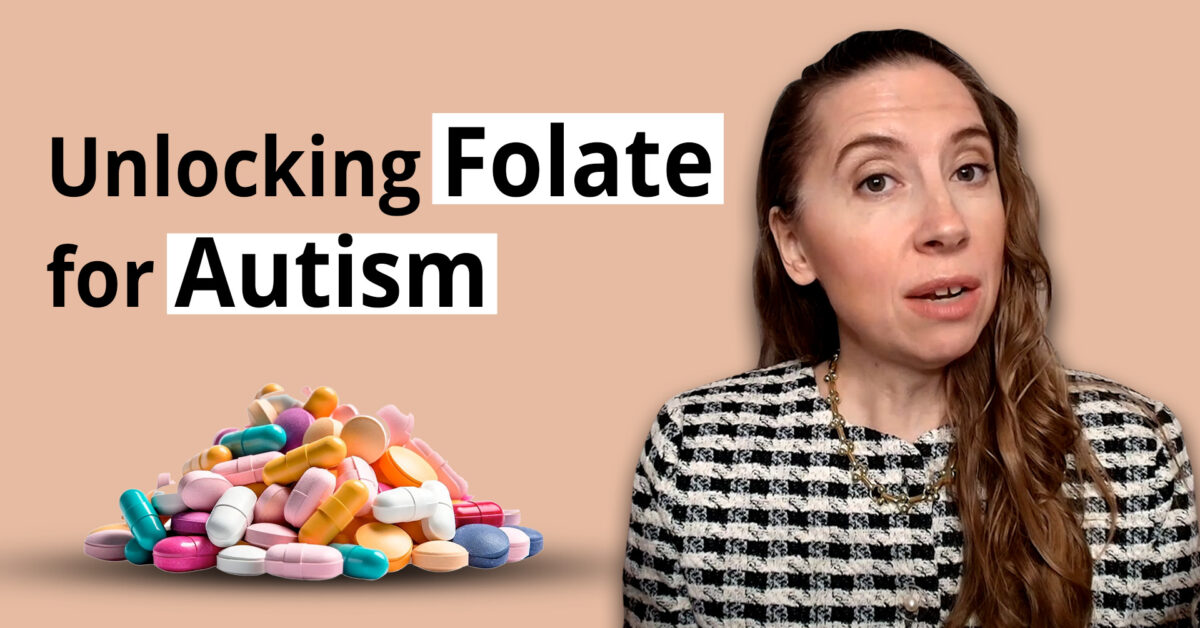Warning – This information is for Beginners
Carnosine is most often used in the early part of the autism healing journey. It’s usually after the first step, which is diet changes. Make sure that a special diet has been implemented for a couple of months to see if carnosine really is needed, and then you can discuss this with your health care practitioner.
Indications Of Need
Carnosine is used when someone with autism has chronic problems with
- socialization
- seizures
- speech delays
Those are the three main things that indicate carnosine might be of benefit for your person with autism. Serious adverse effects do happen, so please work with your healthcare practitioner.
This is not something for you to do on your own, it’s not something to just try, so please, work with a knowledgeable functional medicine practitioner. I’m providing you the information so that you can have an excellent conversation and make good decisions for your child’s health.
What Is Carnosine?
Well, there’s the molecular structure of carnosine. It’s a molecule that contains two amino acids, what scientists call a dipeptide, and the two amino acids are histidine and beta-alanine.

Our body naturally produces a small amount of carnosine. However, most carnosine for us humans come from eating meat and fish.
L-carnosine is easily absorbed in the digestive tract. That’s one of the reasons why before even thinking about discussing this with your doctor, you want to make sure that you have your child on a healing special diet that targets optimizing the function of your digestive tract.
L-carnosine also penetrates the blood-brain barrier and is highly bioavailable. Carnosine is a known antioxidant and neuroprotective agent as well, as it reduces inflammation.
Historically, carnosine has been used to increase muscle mass, as well as alleviate muscular dystrophy.
Carnosine & Autism
There are two randomized placebo-controlled clinical trials that studied L-carnosine in children with autism. Both of them are very, very recent.
STUDY 1: In 2017, 31 children with autism, were given 800 milligrams per day for eight weeks. The study found changes in receptive speech, social attention, and behavior in the group that was given carnosine.
STUDY 2: The second clinical study was in 2018, a 10-week study of 50 children with autism, were given either L-carnosine and Risperidone or placebo and Risperidone. The results from this clinical trial were that there was an improvement in the hyperactivity noncompliance score using the ABC for those that were in the L-carnosine group.
So you can see, you have two separate clinical trials that did show changes in core issues of those with autism when carnosine was given.



